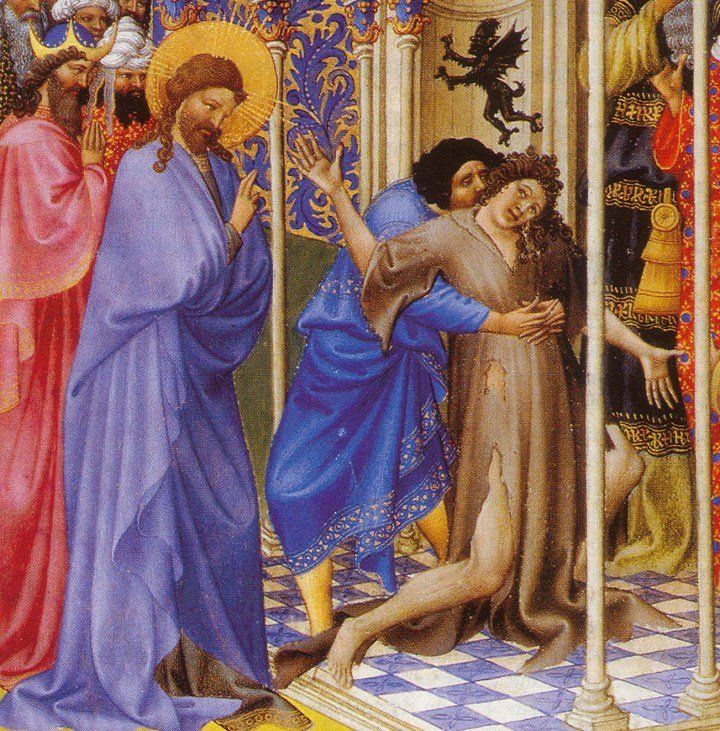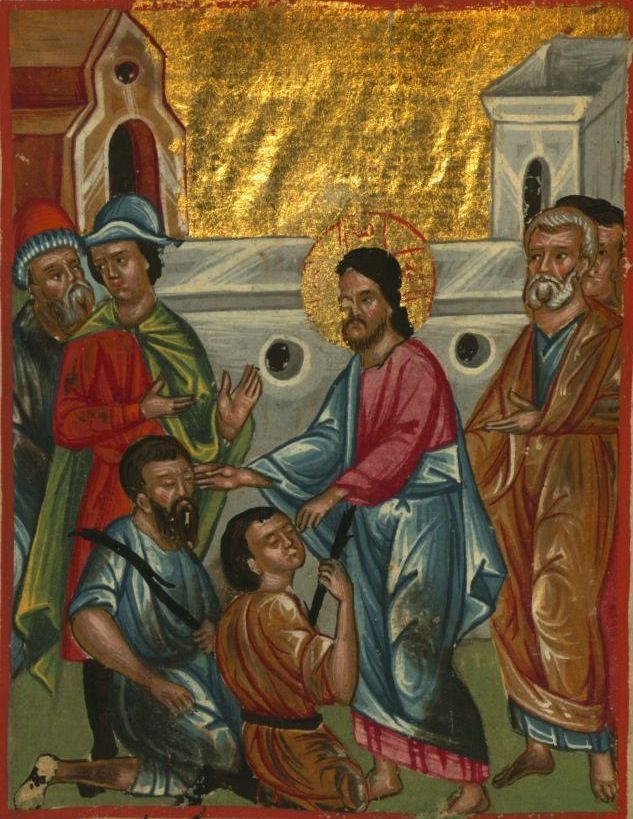Message of Abbot Paul - Monday 20th November 2023
Abbot Paul • November 20, 2023


here are many miracles recounted in the Gospels as elsewhere in the Bible, especially the New Testament. Most of them are miracles of healing. For Christians, prayer always accompanies the work of doctors and surgeons, nurses and paramedics, although where these are not available, as often during my twenty years in Peru, it was only the prayer of the poor that brought healing to those for whom the Christian community prayed. I witnessed many miracles of healing, the answer to prayer. I praise God and thank him for the wonderful experience of his love and mercy.
Today’s Gospel passage from Luke (Lk 18: 35-43) recounts the healing of a blind man just outside Jericho. “As Jesus drew near to Jericho there was a blind man sitting at the side of the road begging.” Because he was blind, the man was forced to beg outside the town gate from people arriving or leaving. It was a strategic place for beggars to congregate. “When he heard the crowd going past, he asked what it was all about, and they told him that Jesus the Nazarene was passing by. So he called out, ‘Jesus, Son of David, have pity on me.’” Although he doesn’t know why there’s a crowd going by, once people explain, it appears that he knows who Jesus is. Hence, he cries out, “Jesus, Son of David, have pity on me.” Is he asking for healing, forgiveness or both? He’s probably heard of the many miracles of healing wrought by Jesus elsewhere. However, the crowd isn’t happy about him shouting like this. “The people in front scolded him and told him to keep quiet, but he shouted all the louder, ‘Son of David, have pity on me.’” Their scolding has the opposite effect and he shouts out even louder. Jesus is bound to hear: in fact, he does.
“Jesus stopped and ordered them to bring the man to him, and when he came up, asked him, ‘What do you want me to do for you?’” Jesus is always courteous and polite, putting people at their ease. The blind man simply asks for what he needs most, the return of his eyesight. “Sir, let me see again.” This is a model prayer. When praying, don’t beat around the bush, just come out with it, ask for what you really need and leave it at that. Little wonder Jesus replies, “Receive your sight. Your faith has saved you.” Prayer is an act of faith. Ultimately, what we really ask for in prayer is salvation. Lord, save me. As always with Luke, the Gospel of joy, there is great rejoicing and thanksgiving at the miracle and gift of salvation. “And instantly his sight returned and he followed him praising God, and all the people who saw it gave praise to God for what had happened.” When God answers our prayers, do we give thanks and rejoice, or once our need is passed, do we forget about God until we need him again? Do we only turn to God in our need? Do we rejoice when others have their prayers answered? This miracle leads to many questions.









